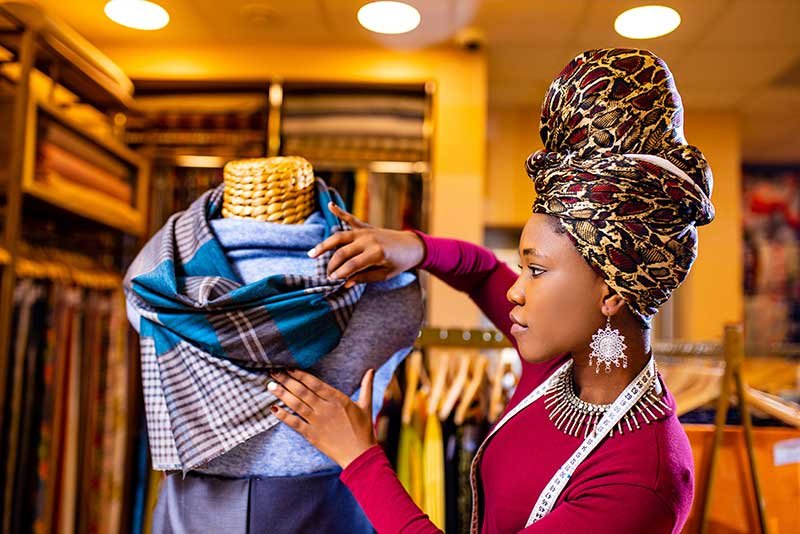
Africa’s creative economy is expanding far beyond traditional artistry, and nowhere is this more visible than in the evolving role of the African cultural producer. Once seen as behind-the-scenes contributors, creative professionals across music, fashion, film, animation, and design are now front-liners driving cultural exports and economic growth.
This shift is not just about individual fame. It is about infrastructure, influence, and intellectual property. From Lagos to Nairobi, creators are transforming passion into profit, scaling up content studios, launching digital platforms, and capturing global attention. In doing so, they are challenging the long-held notion that Africa’s economic future lies only in oil, agriculture, or mining.
Take Nigeria’s film industry, Nollywood. It now stands as the world’s second-largest film producer by volume, employing thousands and contributing billions to the GDP. But even more remarkable is how Nollywood is evolving into a cross-sector force. Producers are forming partnerships with streaming platforms like Netflix and Amazon Prime, while also influencing fashion, tech, and tourism.
In the world of design, brands like Orange Culture and Rich Mnisi are redefining African fashion on global runways. These designers are not just selling clothes. They are promoting identity, values, and narratives that reframe Africa as a center of taste and innovation. Their work opens doors for exports and intellectual property deals, from Paris to Tokyo.
Animation and gaming are also emerging frontiers. African studios like Kugali in Nigeria and Triggerfish in South Africa are receiving international deals, including with Disney, to tell Afro-futuristic and indigenous stories. These ventures prove that the continent is not just a consumer of content, but a potent originator.
Importantly, the modern African creator is learning to own their craft. This means copyrighting work, negotiating royalties, launching brands, and building communities through digital platforms. The creative economy is no longer an informal hustle. It is a structured ecosystem with value chains, investment opportunities, and policy relevance.
Governments and financial institutions are beginning to take notice. From Nigeria’s $600 million Creative Industry Financing Initiative to the African Export-Import Bank’s support for film and music projects, there is growing recognition that creativity is a core economic sector. Still, challenges remain—especially around piracy, policy support, and infrastructure.
However, the opportunity is undeniable. Africa’s youthful population, increasing internet access, and mobile-first consumer habits create fertile ground for creative expansion. Whether it is a fashion house in Dakar, a music studio in Kinshasa, or a game developer in Kigali, Africa’s creative economy is producing not just content but capital.
This is no longer a side hustle. It is a continental engine. If properly supported, the African creative economy could account for double-digit contributions to national GDPs in the next decade.
The next unicorn might not be a tech startup. It might be a storytelling empire, a music licensing firm, a fashion-tech lab, or a pan-African streaming service. And at the heart of it all will be the African creator, no longer waiting for permission to be seen. They are already leading, already scaling, and already reshaping how the world sees Africa.